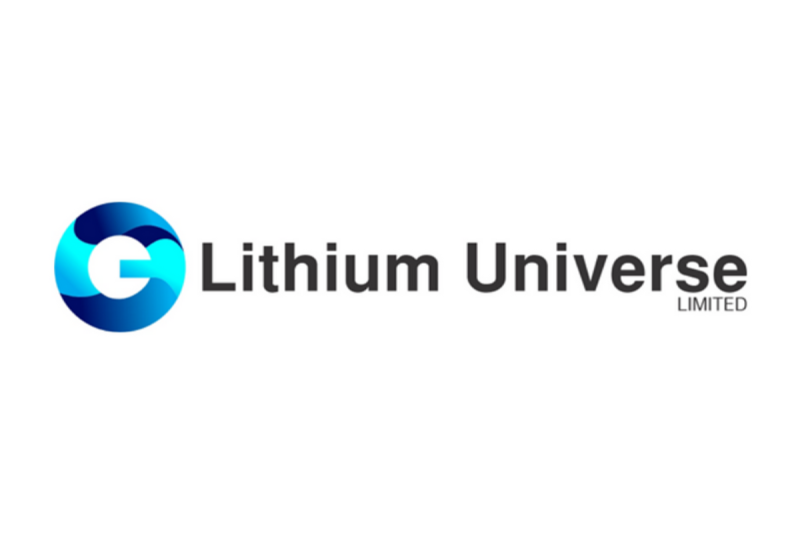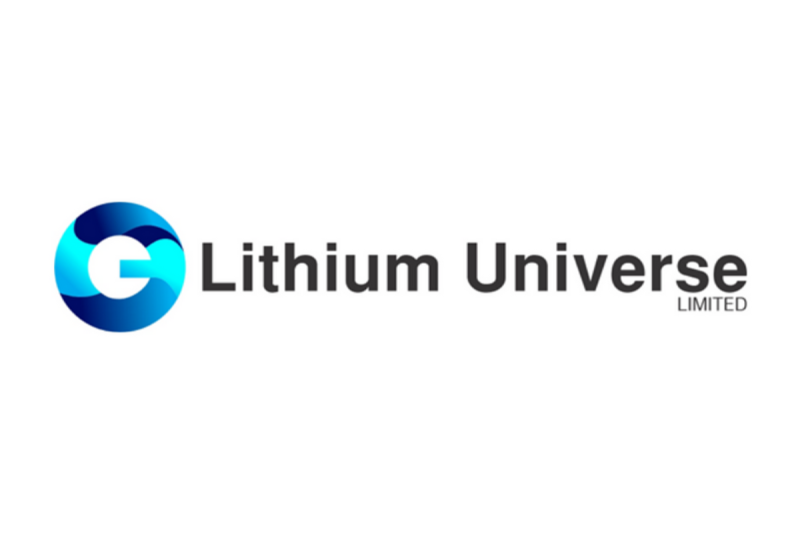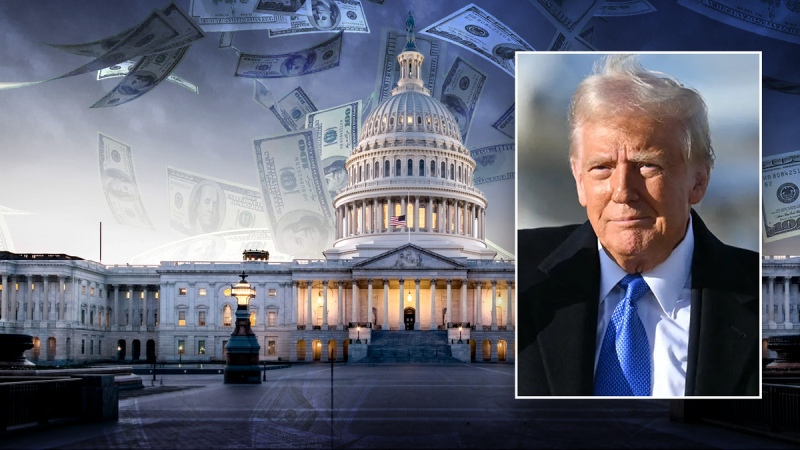

Questcorp Mining Inc. (CSE: QQQ) (OTCQB: QQCMF) (FSE: D910) (the ‘Company’ or ‘Questcorp’) is pleased to announce it has entered into a marketing consulting services agreement (the ‘Spark Agreement’ or the ‘MSA’) with Spark Newswire Inc. (‘Spark’) pursuant to which, among other things, Spark is to provide certain promotional services to the Company.
Spark are very selective in the clients they work with, only partnering with organizations that have a well-deserved reputation for quality and credibility and only working with one organization within a particular market sector at a time. Spark’s goal is to integrate with their client’s values and core brand narratives, becoming an extension of the overall corporate and capital markets team, assisting in building shareholder equity, brand equity and overall market awareness.
Spark, which operates out of Vancouver, British Columbia, provides consulting and capital market advisory services to public companies. Through Spark’s engagement, the Corporation hopes to increase investor engagement and create more awareness for the Corporation.
‘Questcorp Mining has demonstrated a clear commitment to responsible exploration and strategic growth, which aligns perfectly with Spark’s mandate to support high-integrity issuers with strong fundamentals. With Questcorp entering a pivotal phase, we’re excited to help share their story across the capital markets and unlock broader investor engagement,’ said Steve Hnatko, CMO at Spark Newswire.
Questcorp President & CEO, Saf Dhillon stated ‘I have had a number of conversations and have met with both the Founders of Spark Newswire, Chris and Steve Hnatko. While we have met approximately only about a year ago, I have seen them demonstrate that they are true to their values and the types of companies they work with really are a solid reflection of their work ethic and the values they hold.
Spark is an arms-length firm, operating out of Vancouver, British Columbia, which provides consulting and capital market advisory services to public companies. Through Spark’s engagement, the Company hopes to increase investor engagement and create more awareness. The engagement is expected to commence on July 1, 2025, for an initial twelve-month term at a rate of US$25,000 per month. The Company does not propose to issue any securities to Spark in consideration for the services to be provided to the Company. Spark can be contacted at 604-761-0543 or Suite 800, 885 West Georgia Street, Vancouver, British Columbia, V6C 3H1, Canada.
About Questcorp Mining Inc.
Questcorp Mining Inc. is engaged in the business of the acquisition and exploration of mineral properties in North America, with the objective of locating and developing economic precious and base metals properties of merit. The Company holds an option to acquire an undivided 100% interest in and to mineral claims totaling 1,168.09 hectares comprising the North Island Copper Property, on Vancouver Island, British Columbia, subject to a royalty obligation. The Company also holds an option to acquire an undivided 100% interest in and to mineral claims totaling 2,520.2 hectares comprising the La Union Project located in Sonora, Mexico, subject to a royalty obligation.
Contact Information
Questcorp Mining Corp.
Saf Dhillon, Founding Director, President & CEO
Email: saf@questcorpmining.ca
Telephone: (604) 484-3031
This news release includes certain ‘forward-looking statements’ under applicable Canadian securities legislation. Forward-looking statements include, but are not limited to, statements with respect to Riverside’s arrangements with geophysical contractors to undertake orientation surveys and follow up detailed survey to confirm and enhance the drill targets. Forward-looking statements are necessarily based upon a number of estimates and assumptions that, while considered reasonable, are subject to known and unknown risks, uncertainties, and other factors which may cause the actual results and future events to differ materially from those expressed or implied by such forward-looking statements. Such factors include, but are not limited to: general business, economic, competitive, political and social uncertainties, uncertain capital markets; and delay or failure to receive board or regulatory approvals. There can be no assurance that the geophysical surveys will be completed as contemplated or at all and that such statements will prove to be accurate, as actual results and future events could differ materially from those anticipated in such statements. Accordingly, readers should not place undue reliance on forward-looking statements. The Company disclaims any intention or obligation to update or revise any forward-looking statements, whether as a result of new information, future events or otherwise, except as required by law.

To view the source version of this press release, please visit https://www.newsfilecorp.com/release/257505
News Provided by Newsfile via QuoteMedia
















 Brightstar Resources (BTR:AU) has announced DFS Investor Webinar Presentation
Brightstar Resources (BTR:AU) has announced DFS Investor Webinar Presentation





 Blackstone Minerals (BSX:AU) has announced Blackstone Secures $22.6m for Mankayan Copper-Gold Drilling
Blackstone Minerals (BSX:AU) has announced Blackstone Secures $22.6m for Mankayan Copper-Gold Drilling